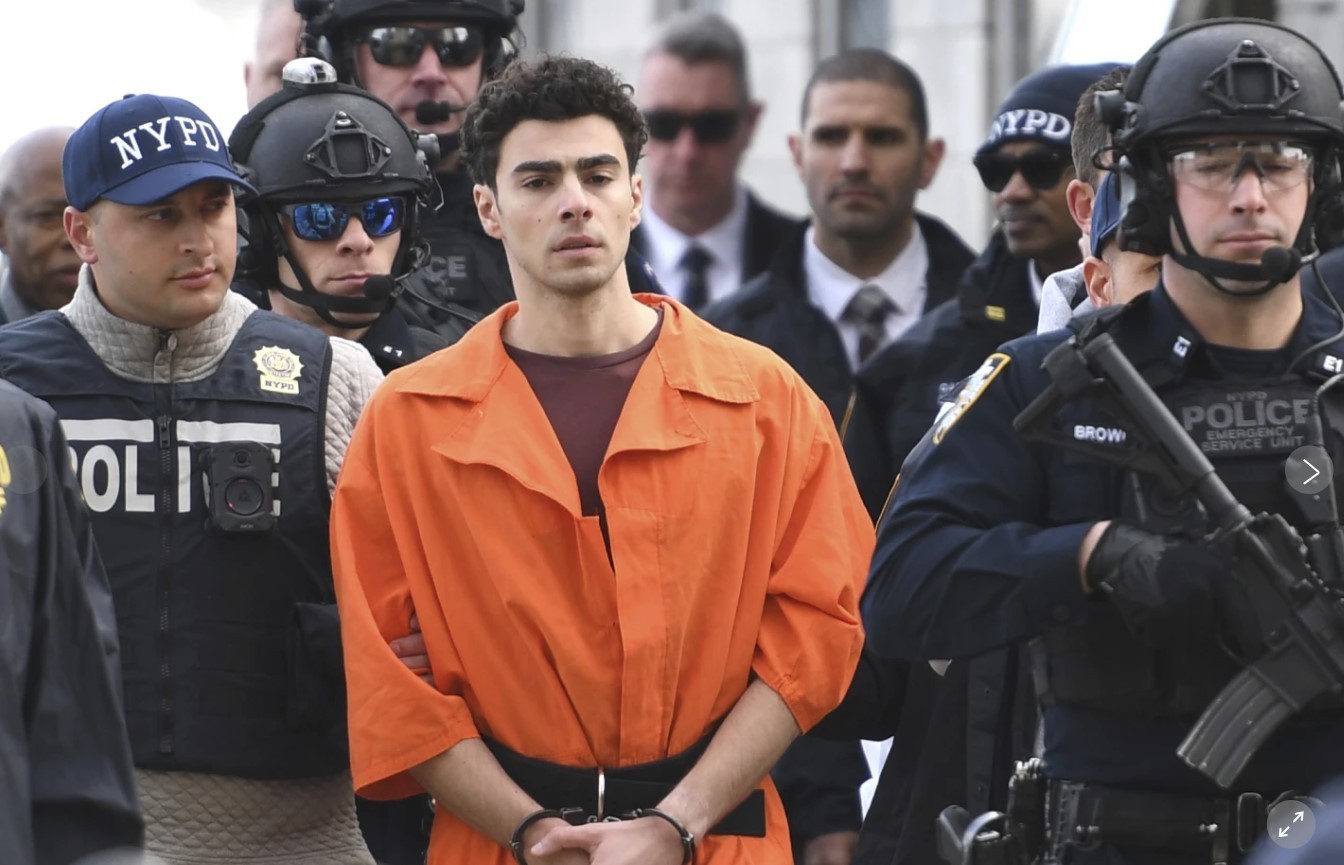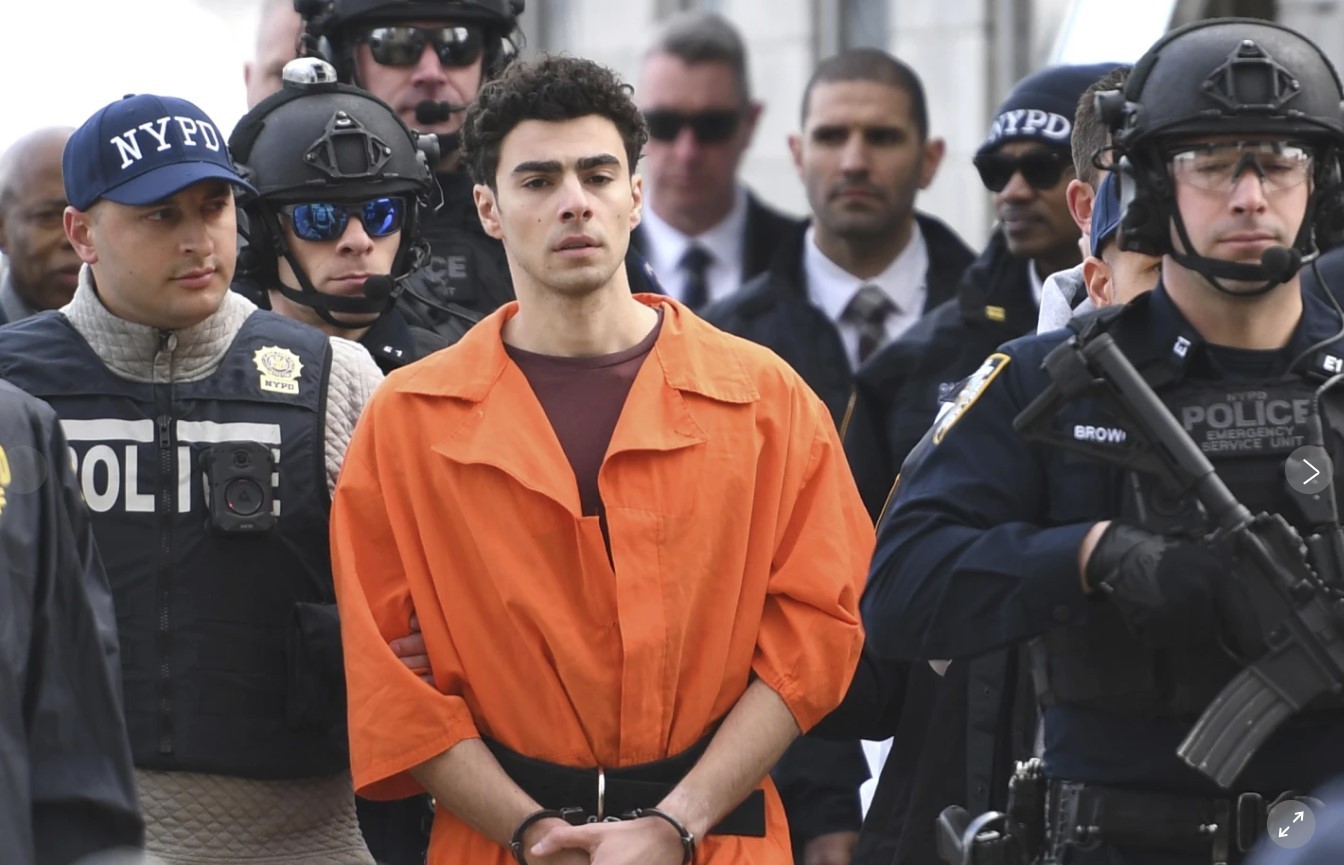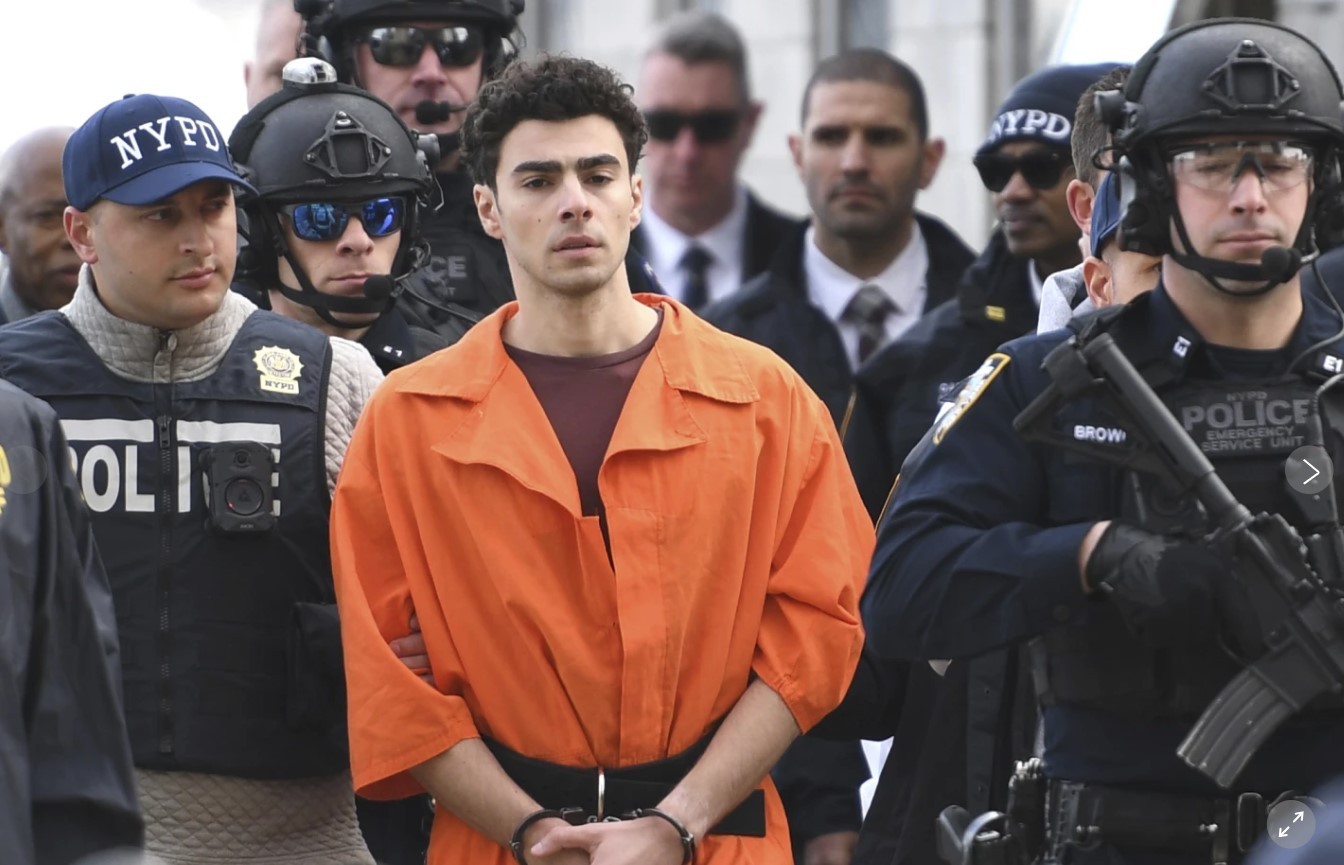Life or Death? Unraveling the Legal Maze Surrounding Luigi Mangione
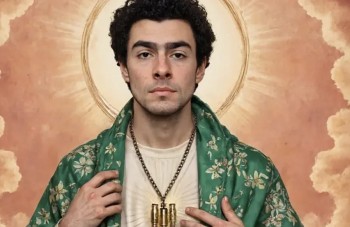 Martyr or Monster? The Rise of Saint Luigi in a Divided America Martyr or Monster? The Rise of Saint Luigi in a Divided America |
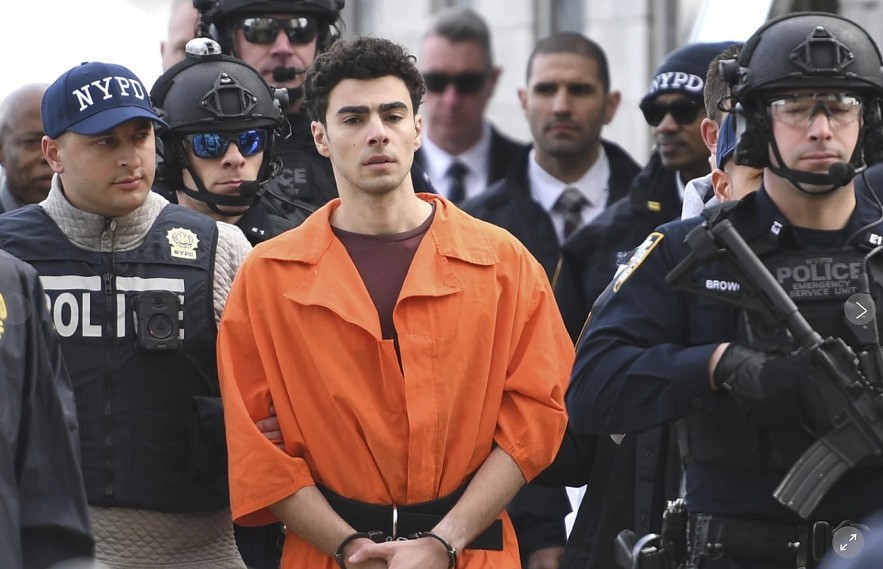 |
| What Awaits Luigi Mangione in Court? |
Luigi Mangione, a once-prominent figure hailing from a well-known Maryland family and a graduate of the University of Pennsylvania, now finds himself at the center of a legal maelstrom. Detained without bail at the notorious Metropolitan Detention Center (MDC) in Brooklyn, Mangione faces charges that could lead to life imprisonment—or even the death penalty. This case is a complex intersection of state and federal law, terrorism allegations, and public scrutiny.
A Detention Center Under Fire
Mangione’s current residence at MDC paints a grim picture of his pretrial experience. The Brooklyn facility, the only federal lockup in New York City, has earned a reputation as “hell on earth” due to its appalling conditions. Reports of violence, dysfunction, and inadequate staffing have plagued the institution for years. With over 1,100 inmates, the facility has been criticized by human rights advocates, and some judges have refused to send defendants there altogether. Mangione’s detention in this environment adds another layer of challenge to his already precarious position, as his defense must contend with both legal and humanitarian concerns.
Dual Legal Battles: State and Federal Charges
Mangione’s case is a rare example of dual prosecutions in the U.S. legal system. On the state level, the Manhattan District Attorney’s office has charged him with murder as an act of terrorism, carrying a maximum penalty of life imprisonment without parole. In addition to terrorism-related charges, Mangione faces state weapons offenses and possession of a fake ID.
Simultaneously, federal prosecutors have brought charges against him, including murder by firearm, which opens the door to the possibility of the death penalty. Although New York abolished its death penalty in 2007, the federal death penalty remains in effect. If convicted in federal court, Mangione’s life could hinge on whether the Justice Department chooses to seek capital punishment. This decision, however, is fraught with political implications, as President Joe Biden’s administration has imposed a moratorium on federal executions, while some prosecutors continue to pursue the death penalty.
The U.S. Supreme Court has upheld the constitutionality of dual prosecutions, allowing state and federal cases to proceed independently. In Mangione’s case, prosecutors have indicated that the state charges will likely go to trial first, with an arraignment scheduled in Manhattan. Meanwhile, the federal case awaits a potential grand jury indictment, which could come by mid-January.
A Legal Maze of Contradictions
The simultaneous state and federal cases create a complicated legal landscape for Mangione’s defense team. His attorney, Karen Friedman Agnifilo, has pointed out contradictions between the state’s terrorism allegations and the federal charges of stalking and murder. “These are two completely different theories,” she argued, emphasizing the challenges of defending against parallel but distinct narratives.
The state’s emphasis on terrorism may also be a double-edged sword for prosecutors. While it allows them to frame Mangione’s alleged crimes as particularly heinous, it requires proving intent and motive beyond the act of murder itself. Meanwhile, the federal charge of murder by firearm, though simpler to prove, brings with it the heavy implications of capital punishment. Navigating these contradictory legal theories will be a key battleground in the courtroom.
The Death Penalty Dilemma
Perhaps the most consequential aspect of Mangione’s federal case is the looming possibility of the death penalty. While the Biden administration has paused federal executions, federal prosecutors have continued to file capital charges in high-profile cases. Should the Justice Department decide to pursue the death penalty against Mangione, it would signal a departure from Biden’s stated position on capital punishment.
Historically, federal death penalty cases have been rare but highly publicized. Under the Trump administration, 13 executions were carried out in the last six months of his term, marking a sharp increase in federal capital punishment activity. Mangione’s case could reignite debates over the ethics and efficacy of the death penalty, especially in a state like New York, where it has long been abolished at the state level.
Challenges of Pretrial Detention
Mangione’s detention at MDC presents unique challenges for his defense. The notorious conditions at the facility, including reports of violence and inadequate resources, may affect his ability to participate actively in his legal preparation. The defense could use these conditions to argue for his release on bail or to highlight systemic issues within the federal detention system.
Moreover, prolonged detention in such an environment could have a psychological impact on Mangione, potentially influencing his decision-making, including whether to accept a plea deal. Any plea agreement would likely involve substantial concessions, such as admitting guilt to avoid the death penalty or a life sentence.
Potential Outcomes
The outcomes of Mangione’s trials vary widely depending on the strength of the evidence, legal arguments, and jury perceptions. In the state case, an acquittal would require the defense to dismantle the prosecution’s terrorism narrative and cast doubt on their evidence. If convicted, Mangione faces a life sentence without the possibility of parole.
The federal case presents even higher stakes. A conviction on the murder-by-firearm charge could result in a death sentence, depending on the Justice Department’s decision. However, the federal appeals process offers Mangione opportunities to challenge a conviction, potentially delaying final sentencing for years.
Plea deals may also play a significant role in shaping Mangione’s future. Prosecutors may offer a plea to avoid the complexities and risks of a trial, particularly if they perceive weaknesses in their cases. For Mangione, accepting such a deal could mean avoiding the death penalty or securing a lesser sentence in exchange for cooperation.
The Broader Implications
Mangione’s case has implications that extend beyond his personal fate. It highlights the challenges of dual prosecutions, the ethical debates surrounding the death penalty, and systemic issues within the federal detention system. If Mangione’s trials expose flaws in the legal process, they could prompt calls for reform, particularly in areas like pretrial detention conditions and the use of terrorism statutes in state-level cases.
The case also underscores the intersection of politics and justice. Decisions about the death penalty and the framing of charges as terrorism will be scrutinized not only by legal experts but also by advocacy groups and the general public. The outcomes could influence public perceptions of fairness and transparency in the justice system, particularly in high-profile cases.
Conclusion
Luigi Mangione’s legal journey represents a high-stakes battle that could determine the course of his life while influencing broader conversations about justice, ethics, and systemic reform. Whether he faces life imprisonment, the death penalty, or eventual acquittal, his case serves as a sobering reminder of the complexities and consequences of modern criminal justice. As his trials unfold, the legal maze surrounding Mangione will offer critical insights into the balance between justice and humanity.
 The Peak Design and Luigi Mangione: Corporate Responsibility, Privacy, and Public Reaction The Peak Design and Luigi Mangione: Corporate Responsibility, Privacy, and Public Reaction This article explores the incident in detail, Peak Design's response, the social media backlash, and the broader implications for companies navigating sensitive situations where their ... |
 New details emerge about Luigi Mangione: Indicted for Terrorism in the murder of UnitedHealthcare CEO New details emerge about Luigi Mangione: Indicted for Terrorism in the murder of UnitedHealthcare CEO A New York grand jury has indicted Luigi Mangione on terrorism charges related to the Dec. 4 killing of UnitedHealthcare CEO Brian Thompson. |
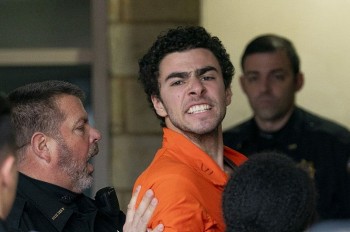 Download Full Indictment: Luigi Mangione Charged with Act of Terrorism Download Full Indictment: Luigi Mangione Charged with Act of Terrorism Luigi Mangione charged with additional murder counts on Tuesday in the fatal shooting of UnitedHealthcare CEO Brian Thompson, officials announced. |
 Who Is Nathan Mahoney? Luigi Mangione 'Copycat' Stabs President of Anderson Express Inc. Who Is Nathan Mahoney? Luigi Mangione 'Copycat' Stabs President of Anderson Express Inc. In a chilling case that has drawn national attention, 32-year-old Nathan Mahoney stands accused of stabbing Erik Denslow, the president of Anderson Express Inc., during ... |

